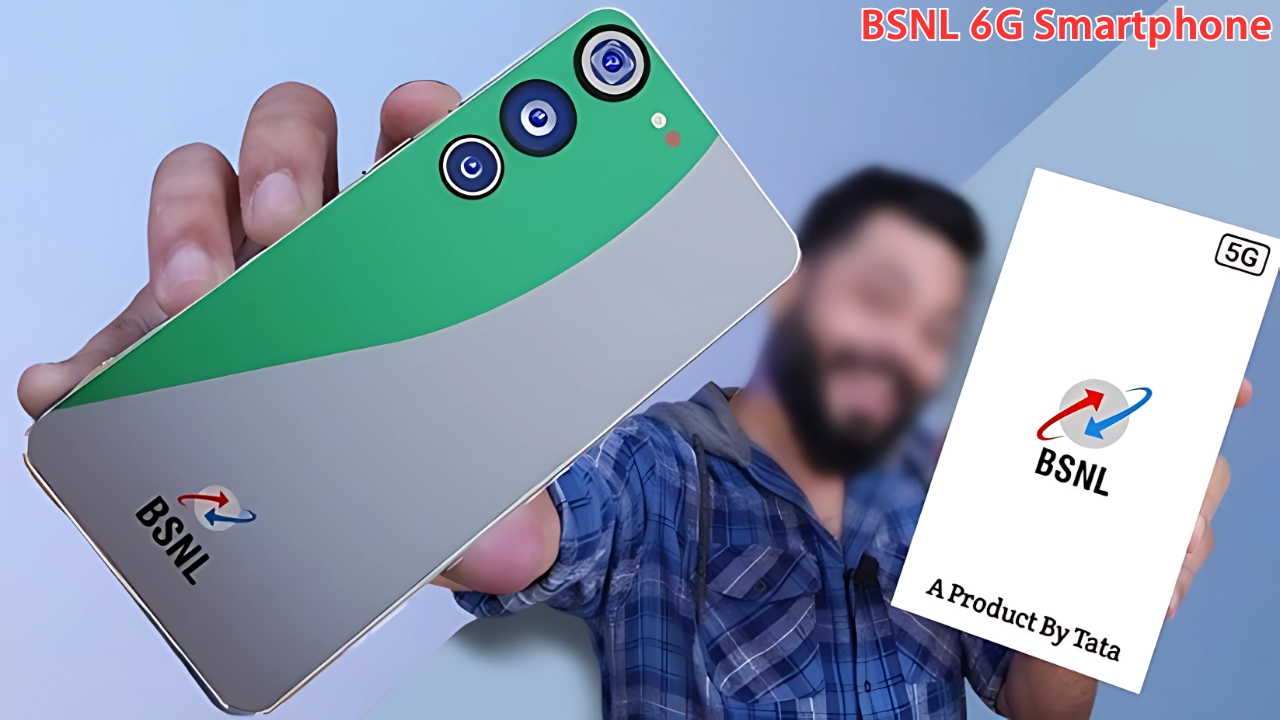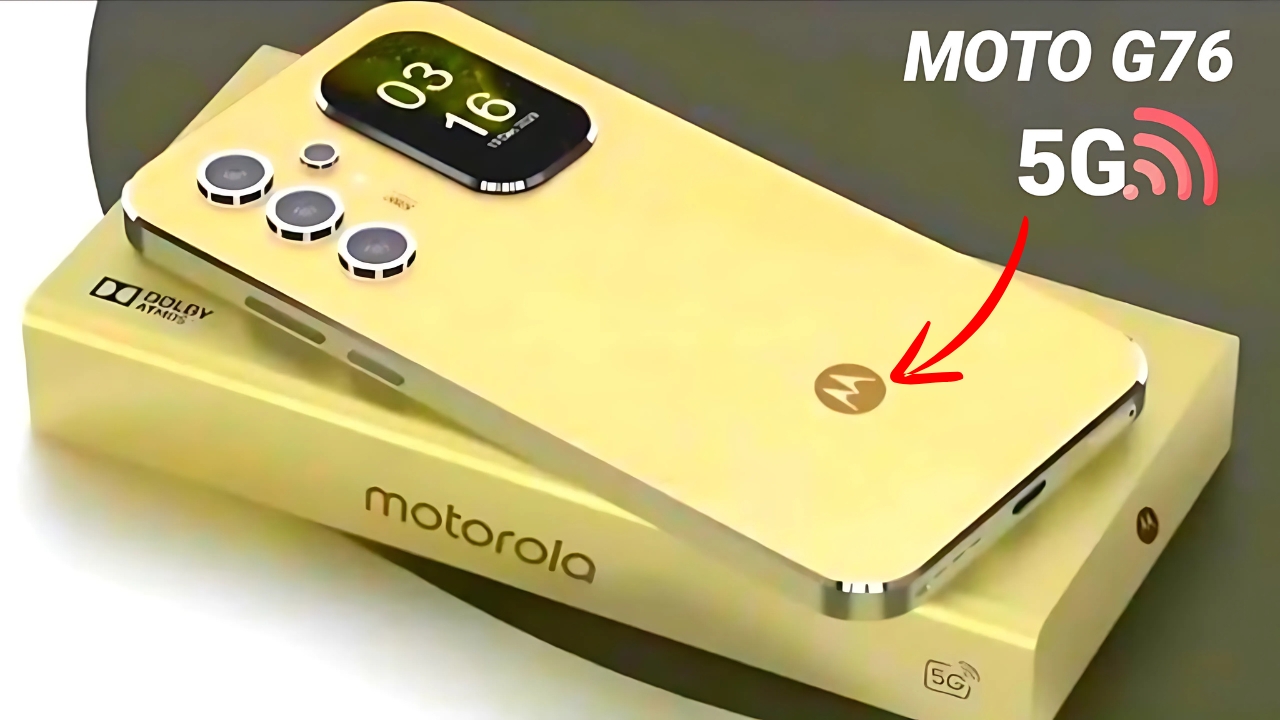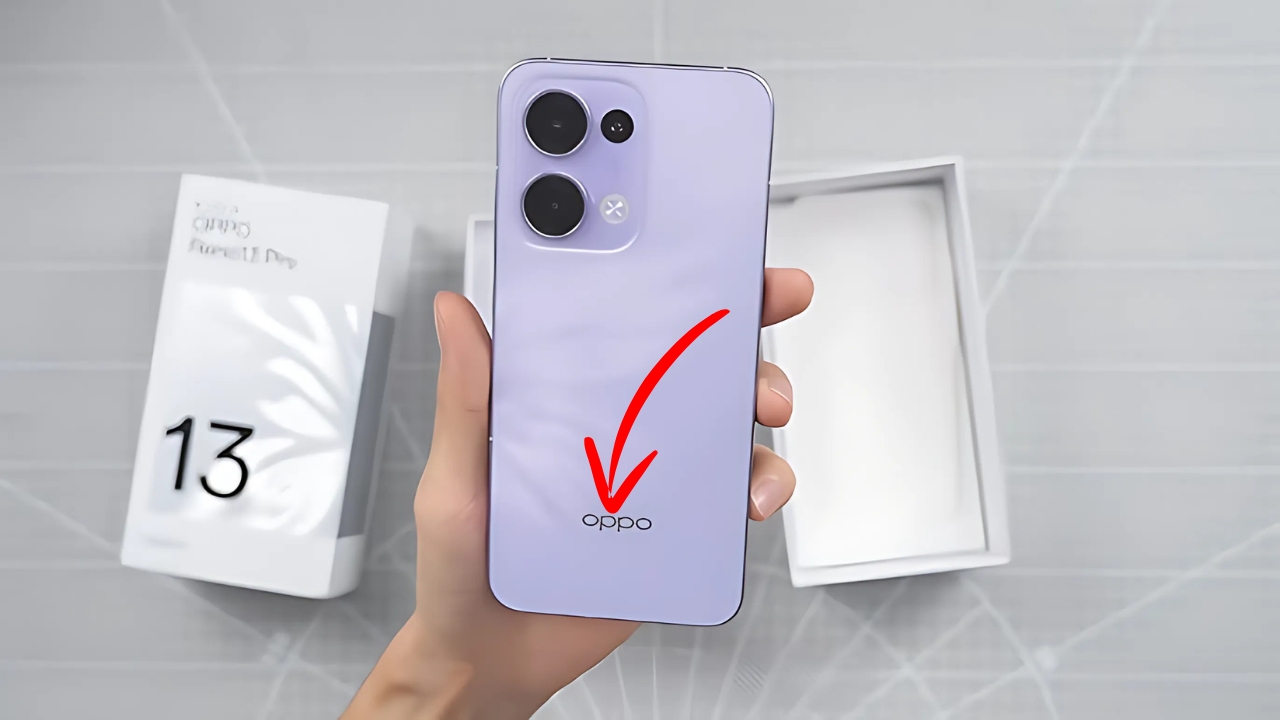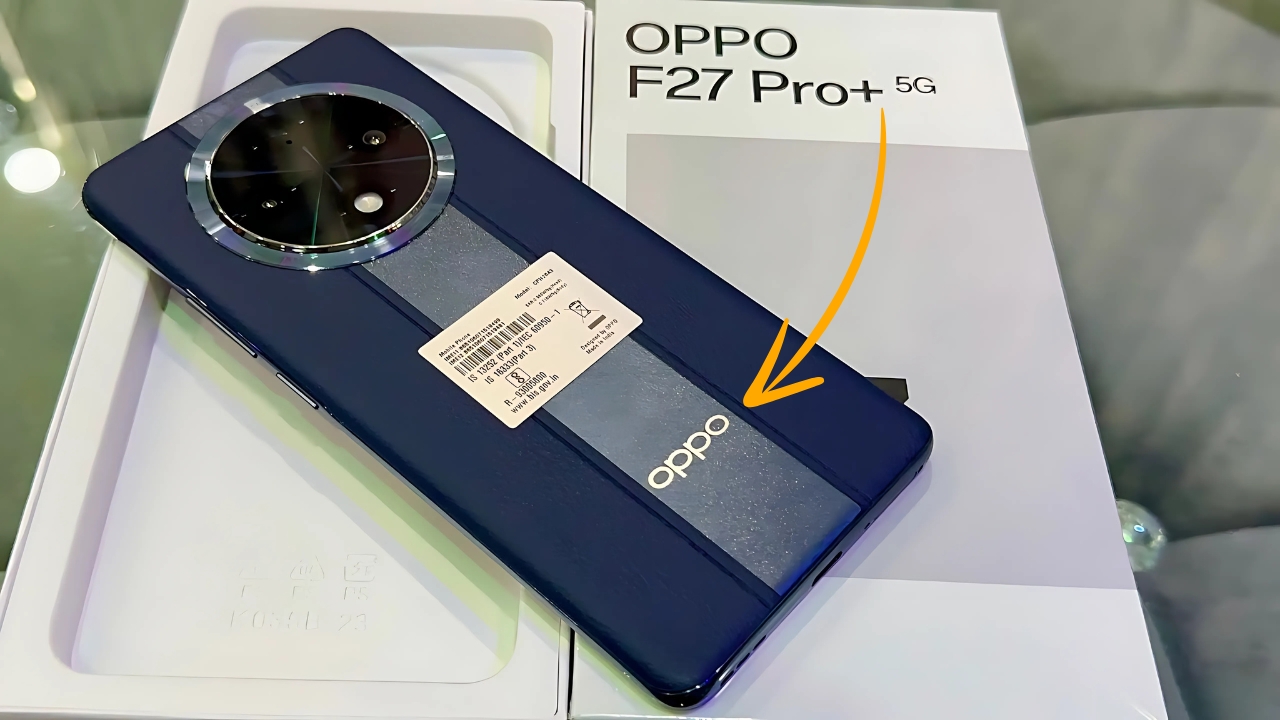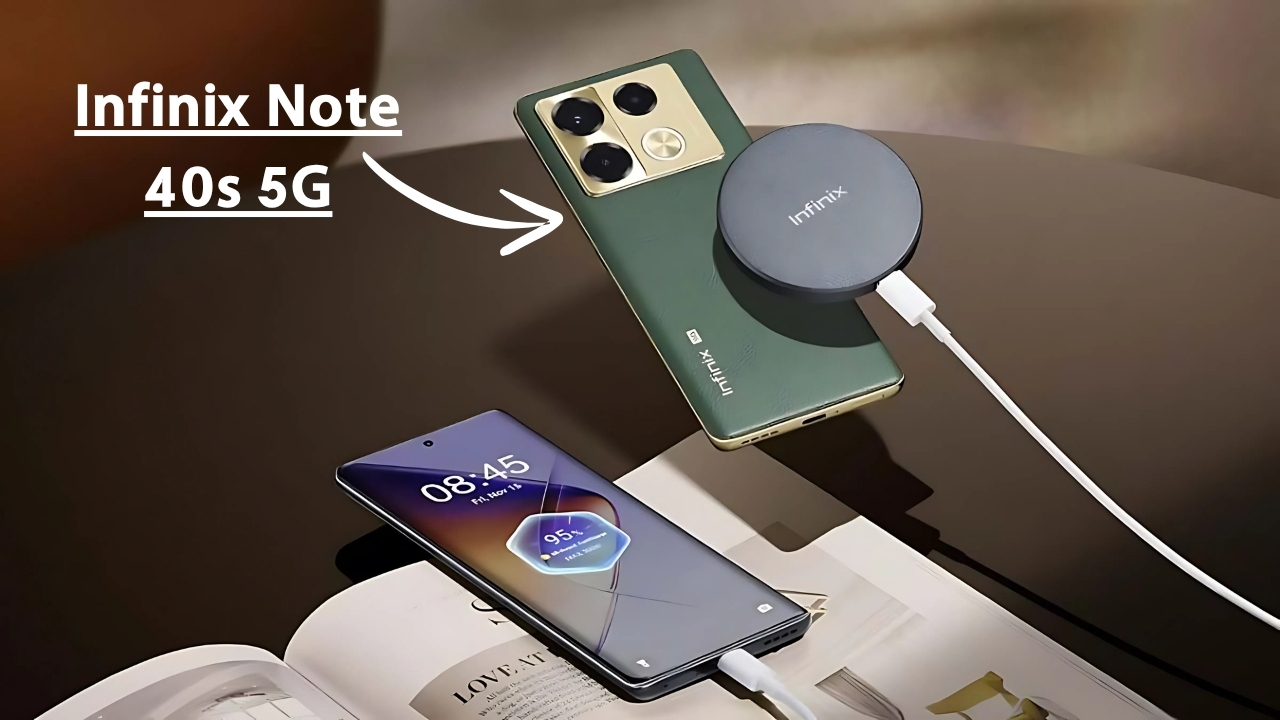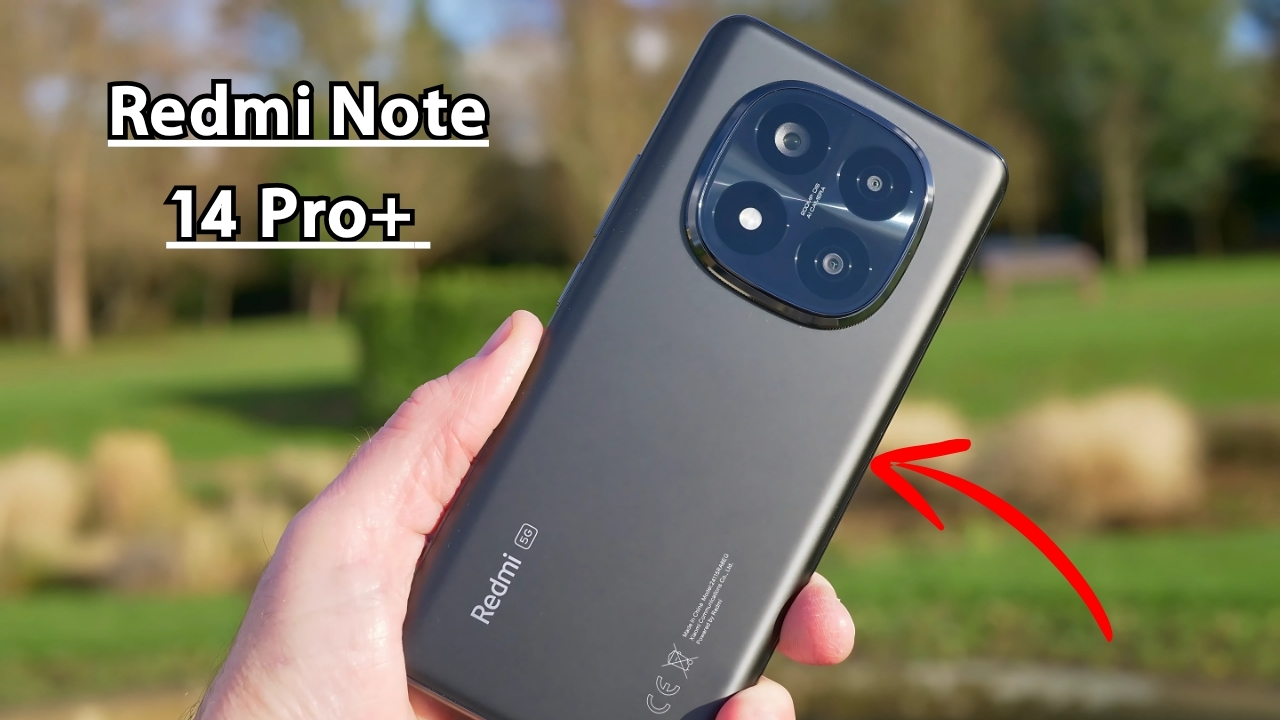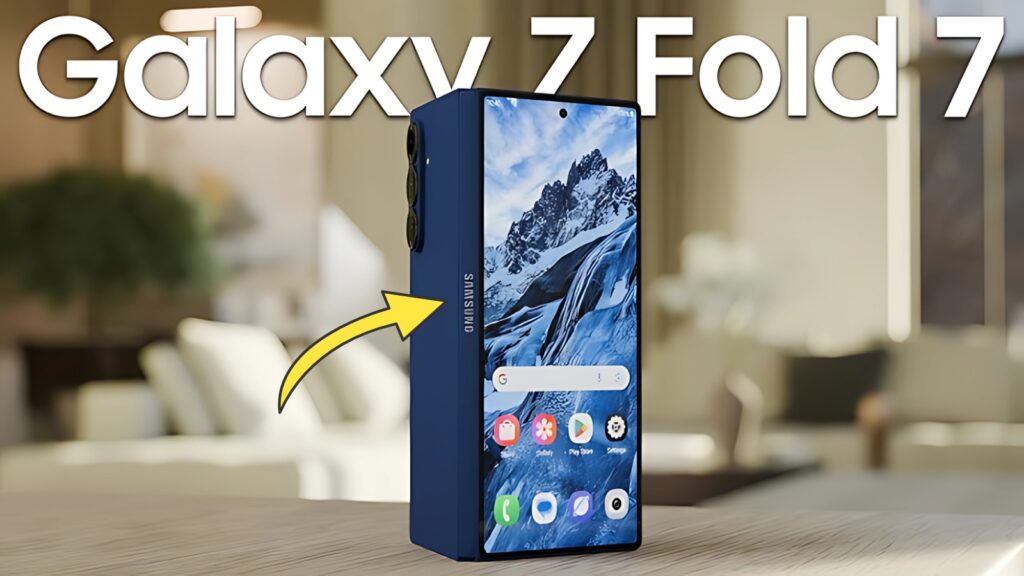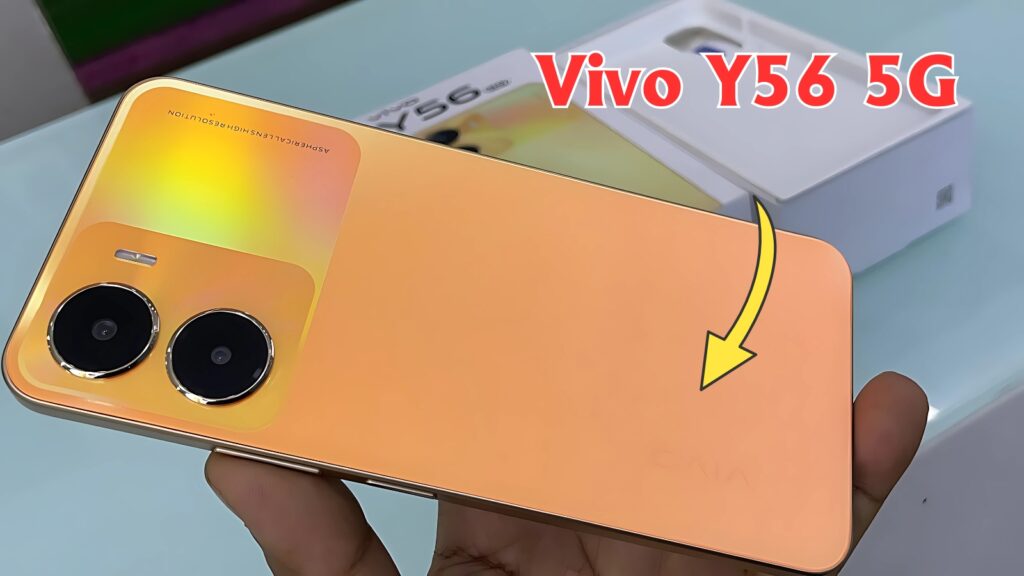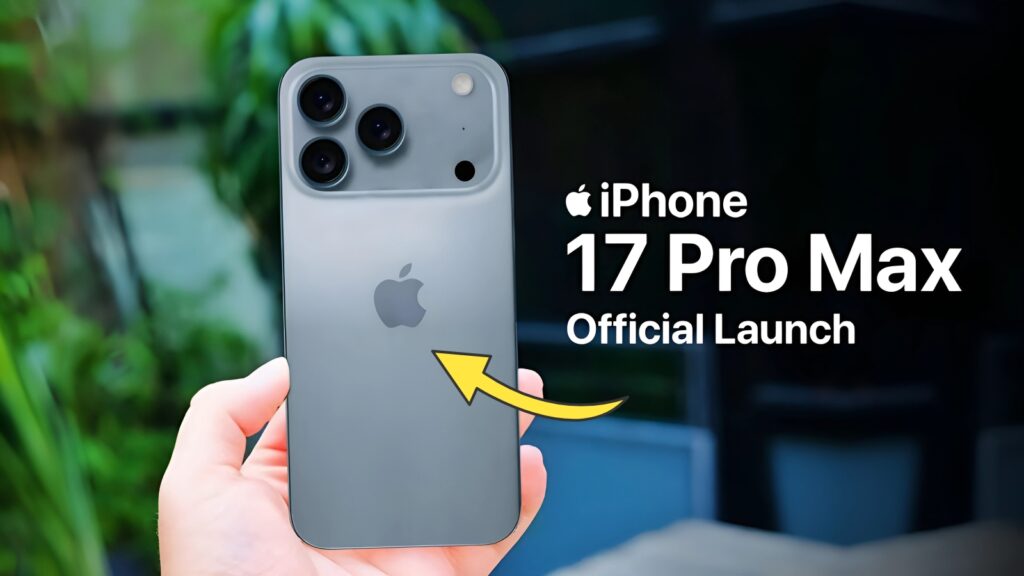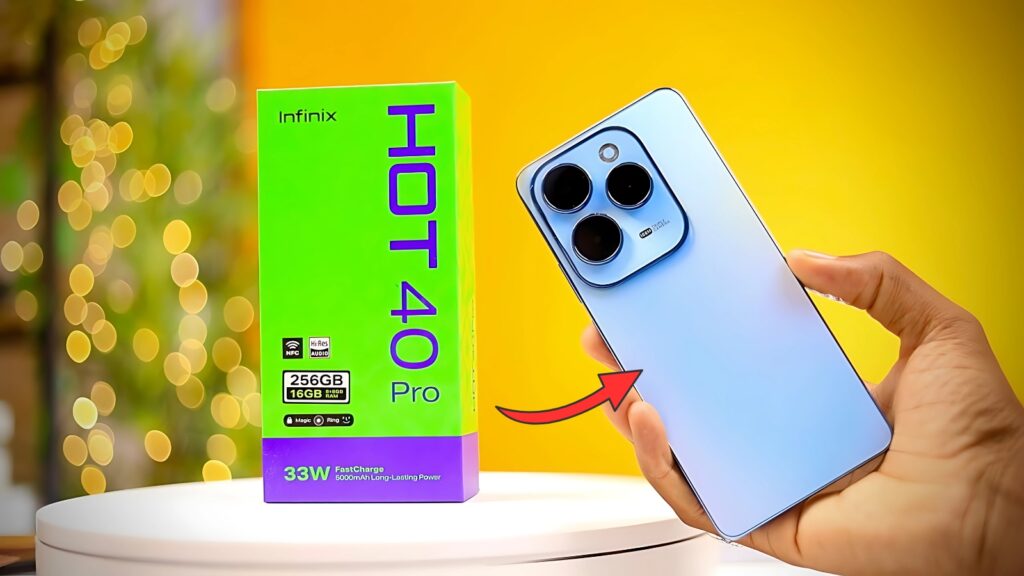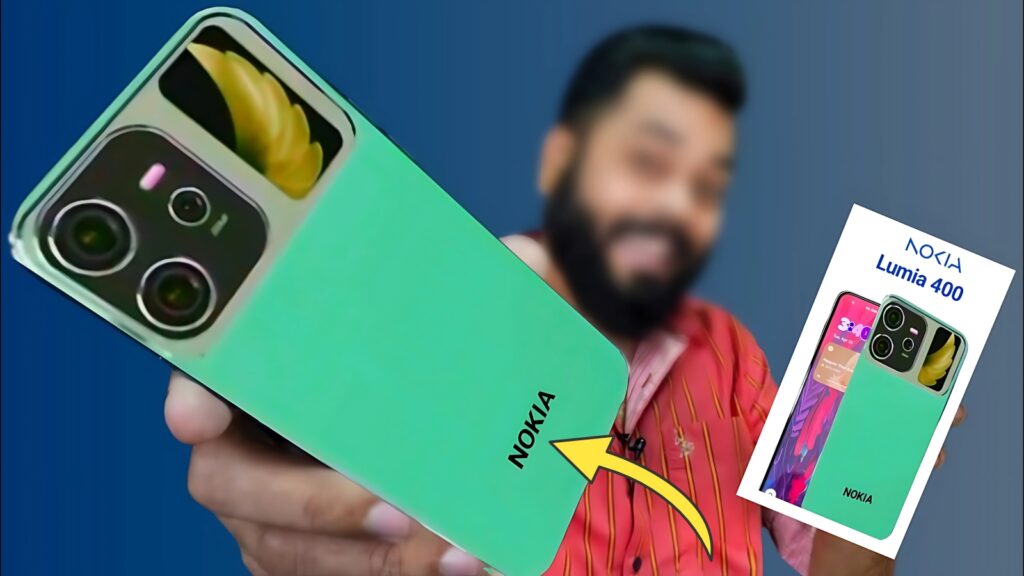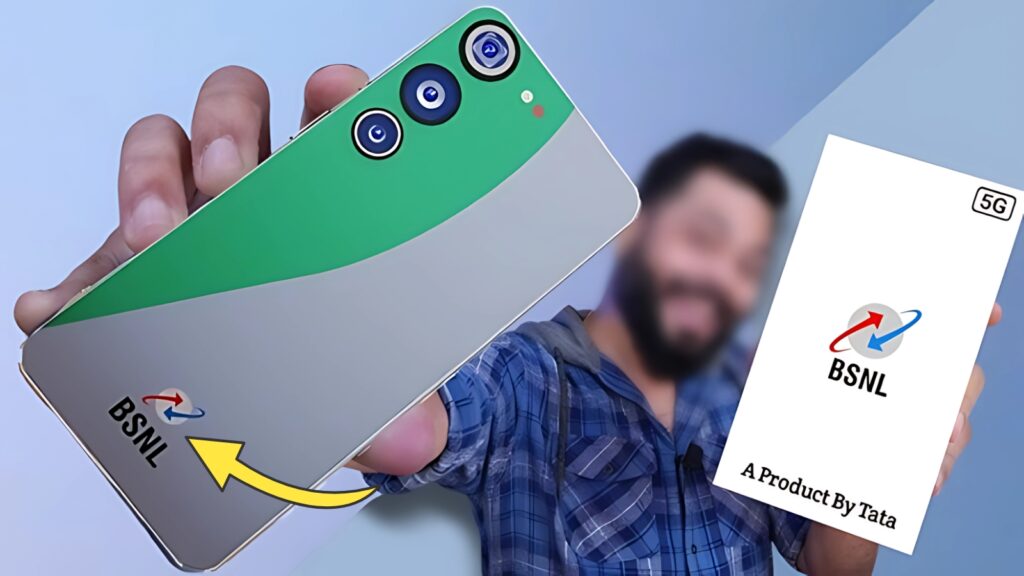Bharat Sanchar Nigam Limited stands at the forefront of India’s telecommunications revolution, with ambitious plans that extend far beyond its current 4G rollout and upcoming 5G deployment.
As the state-owned telecom giant prepares for its 5G launch in June 2025, industry observers are already looking ahead to BSNL’s potential role in developing 6G smartphone technology, positioning India as a global leader in next-generation mobile communications.
India’s Strategic Vision for 6G Leadership
The Indian government has established a comprehensive roadmap for 6G technology development through the “Bharat 6G Vision” initiative, which envisions India becoming a frontline contributor in the design, development, and deployment of 6G technology by 2030.
This strategic framework provides the foundation for BSNL’s future smartphone endeavors, aligning with the nation’s broader goal of technological self-reliance under the Atmanirbhar Bharat mission.
The Department of Telecommunications has constituted a Technology Innovation Group on 6G, bringing together various ministries, research institutions, academia, and industry players to develop comprehensive strategies for India’s 6G journey.
This collaborative approach ensures that future BSNL 6G smartphones will benefit from cutting-edge research and indigenous technological capabilities.
Union Telecom Minister Jyotiraditya Scindia has emphasized India’s trajectory from following global standards in 4G to progressing alongside international developments in 5G, ultimately aiming to lead the world in 6G technology.
This progression suggests that BSNL’s future smartphone offerings will incorporate indigenous 6G innovations developed through India’s comprehensive research and development initiatives.
Building on Current 5G Infrastructure Foundation
BSNL’s 6G smartphone ambitions are firmly rooted in its ongoing 5G infrastructure development.
The company is currently deploying 100,000 4G sites across India by mid-2025, with these installations designed to be upgradeable to 5G and eventually 6G technologies.
This forward-thinking infrastructure approach positions BSNL to seamlessly transition into 6G services when the technology matures.
The state-owned operator has already completed successful 5G trials in Delhi at locations including Nehru Place, Chanakyapuri, and Minto Road, demonstrating the effectiveness of indigenous technology developed through partnerships with the Center for Development of Telematics and Tata Consultancy Services.
These trials provide valuable insights for future 6G development and smartphone integration.
BSNL’s 5G network utilizes domestically developed equipment and solutions, establishing a technological foundation that can evolve into 6G capabilities.
The company’s commitment to indigenous technology ensures that future 6G smartphones will leverage truly Made-in-India innovations, supporting the government’s self-reliance objectives.
Indigenous Technology Development Partnerships
The success of BSNL’s future 6G smartphone initiatives depends heavily on strategic partnerships with domestic technology companies and research institutions.
The collaboration between C-DOT, TCS, and Tejas Networks for current 4G and 5G deployments serves as a model for 6G smartphone development, ensuring that indigenous capabilities remain at the core of technological advancement.
These partnerships have already demonstrated their effectiveness in developing competitive telecommunications equipment that meets international standards while maintaining cost advantages.
The experience gained through current 5G technology development provides valuable foundations for advancing into 6G smartphone manufacturing and software optimization.
BSNL’s approach emphasizes collaboration with Indian startups, research bodies, and universities to foster innovation in 6G technologies.
This ecosystem approach ensures that future 6G smartphones will incorporate diverse technological perspectives and solutions tailored to Indian market requirements and global competitiveness.
Expected 6G Smartphone Features and Capabilities
While 6G technology is still in the development phase globally, expected capabilities suggest that BSNL’s future 6G smartphones will offer revolutionary features far beyond current 5G limitations.
These devices are anticipated to support data speeds exceeding 1 Tbps with latency as low as 100 microseconds, enabling unprecedented mobile computing experiences.
The integration of artificial intelligence will be fundamental to 6G smartphones, with devices capable of advanced machine learning, real-time language translation, and predictive user interfaces.
BSNL’s 6G smartphones may feature holographic communication capabilities, allowing users to engage in three-dimensional conversations and immersive virtual meetings.
Enhanced augmented and virtual reality integration will transform how users interact with digital content, education, and entertainment.
These smartphones are expected to seamlessly blend physical and digital environments, supporting applications in healthcare, education, manufacturing, and smart city initiatives.
Market Positioning and Affordability Strategy
BSNL’s smartphone strategy has consistently focused on affordability and accessibility, making advanced technology available to broader demographic segments.
This approach will likely continue with 6G smartphones, potentially offering next-generation capabilities at price points significantly lower than international competitors.
The company’s experience with affordable 5G smartphone development provides valuable insights for 6G device positioning.
By leveraging domestic manufacturing capabilities and strategic partnerships, BSNL can maintain cost advantages while delivering cutting-edge technology to Indian consumers.
Government support for indigenous technology development and manufacturing creates favorable conditions for competitive 6G smartphone pricing.
This ecosystem approach ensures that advanced mobile technology remains accessible to rural and semi-urban populations, supporting digital inclusion objectives.
Integration with Smart City and IoT Ecosystems
BSNL’s 6G smartphones will be designed to integrate seamlessly with India’s expanding smart city initiatives and Internet of Things deployments.
These devices will serve as central hubs for managing connected homes, vehicles, and urban infrastructure, leveraging ultra-low latency and massive connectivity capabilities.
The smartphones are expected to support advanced edge computing capabilities, enabling real-time processing of complex applications without relying heavily on cloud infrastructure.
This approach enhances privacy, reduces latency, and supports applications in autonomous vehicles, industrial automation, and healthcare monitoring.
Environmental monitoring and sustainability features will likely be integrated into BSNL’s 6G smartphones, supporting India’s climate goals and smart city development.
These capabilities include air quality monitoring, energy optimization, and integration with renewable energy systems.
Challenges and Development Timeline
The development of 6G smartphones faces significant technical and commercial challenges that BSNL must navigate carefully.
Battery technology advancement remains crucial for supporting the increased computational requirements and advanced features expected in 6G devices.
Spectrum allocation and standardization processes will influence the timeline for 6G smartphone deployment. India’s participation in international standardization bodies ensures that BSNL’s devices will be compatible with global 6G networks while incorporating unique Indian innovations.
Manufacturing scale and component sourcing present ongoing challenges that require continued investment in domestic capabilities and strategic partnerships.
BSNL’s success will depend on building comprehensive supply chains that support high-volume smartphone production.
Future Applications and Use Cases
BSNL’s 6G smartphones will enable revolutionary applications across multiple sectors, transforming how Indians work, learn, and interact with technology.
Healthcare applications may include real-time remote surgery assistance, continuous health monitoring, and AI-powered diagnostic support.
Educational applications will leverage immersive technologies to provide virtual field trips, laboratory simulations, and personalized learning experiences.
These capabilities support India’s digital education initiatives and help bridge educational gaps between urban and rural areas.
Agricultural applications may include precision farming support, crop monitoring, and market price optimization, helping farmers maximize productivity and income. These features align with India’s agricultural modernization goals and rural development priorities.
Global Technology Leadership Implications
BSNL’s 6G smartphone development contributes to India’s broader ambition of becoming a global technology leader rather than merely a technology consumer.
Success in this initiative positions India as an exporter of advanced mobile technology and solutions to other emerging markets.
The company’s focus on affordable yet advanced technology creates opportunities for global market expansion, particularly in countries with similar demographic and economic characteristics.
This approach supports India’s soft power objectives and technological diplomacy initiatives.
Innovation spillovers from 6G smartphone development will benefit other technology sectors, including semiconductor design, software development, and advanced manufacturing. These contributions strengthen India’s overall technology ecosystem and competitiveness.
BSNL 6G Smartphone
The success of BSNL’s 6G smartphone initiative requires sustained investment in research and development, manufacturing infrastructure, and human capital development.
Government policy support through the Bharat 6G Mission provides essential funding and coordination mechanisms.
Strategic partnerships with international technology companies may complement domestic capabilities while ensuring technology transfer and knowledge sharing. These collaborations can accelerate development timelines while maintaining indigenous innovation focus.
Regulatory frameworks for 6G technology deployment and smartphone certification must evolve to support innovation while ensuring safety and security standards.
BSNL’s involvement in policy development helps ensure that regulations support rather than hinder technological advancement.
As India prepares for the 6G era, BSNL’s smartphone initiatives represent a cornerstone of the nation’s technological sovereignty and global competitiveness, promising to deliver next-generation mobile experiences while supporting broader economic and social development objectives.
